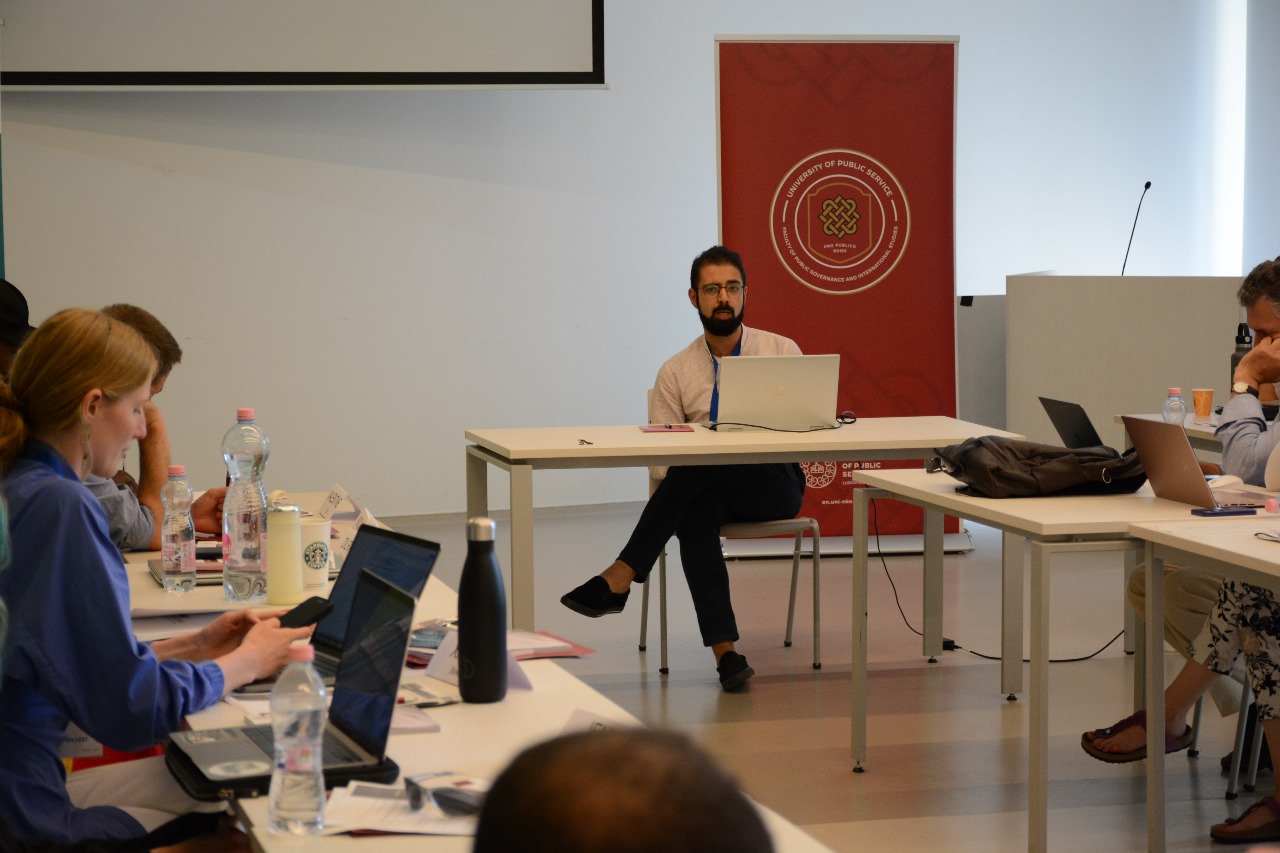Budapest, Hungary – At the recent Global Minority Summer School hosted by the University of Public Service, Ghassen Ayari, representing Attalaki, delivered a compelling presentation on the transformative potential of audiovisual education in advancing minority rights. The event, centered on « Environmental Justice and Minority Rights, » this year.
The presentation explored four crucial aspects of audiovisual education:
• Impactful Storytelling: Demonstrating how audiovisual narratives can create powerful, resonant stories that enhance understanding of minority experiences and rights.
• Fostering Empathy: Illustrating how audiovisual content can nurture empathy and promote a more inclusive society by showcasing diverse narratives.
• Cultural Sensitivity in Content Creation: Emphasizing the importance of respectful, representative portrayals of communities in audiovisual materials.
• Practical Implementation: Sharing actionable strategies for developing effective audiovisual education projects that promote diversity. These include integrating audiovisual material into educational curricula and community outreach programs.
Our colleague stressed that the true power of audiovisual education lies not just in content creation, but in its active promotion and use. The argument was made that engaging audiences through compelling, culturally sensitive narratives can significantly contribute to recognizing and celebrating diversity.
Central to the presentation was the concept of the right to difference. This was defined as a fundamental human right that acknowledges and celebrates the diversity of human experiences, cultures, and identities. This right, as explained, asserts that individuals and communities have the freedom to express their unique characteristics, beliefs, and ways of life without fear of discrimination or forced assimilation. It goes beyond mere tolerance, advocating for the active recognition and appreciation of diversity as a source of societal richness and innovation. Ghassen then connected this concept to audiovisual education, explaining how it leverages sight and sound to convey complex ideas, evoke emotions, and create lasting impressions. This powerful combination, it was argued, makes audiovisual education an ideal tool for promoting the right to difference and fostering a more inclusive society.
The presentation highlighted the mission of Attalaki as a youth-founded organization pioneering in its field, advocating for a just, inclusive, and diverse society. It places special emphasis on religious freedom as a fundamental human right, employing initiatives such as those designed to amplify the voices of minorities and marginalized groups.
The event underscored the growing significance of innovative approaches in addressing the complex social and environmental challenges faced by societies today. It has become imperative to work in unison and leverage diverse expertise that has positively impacted people’s lives.



